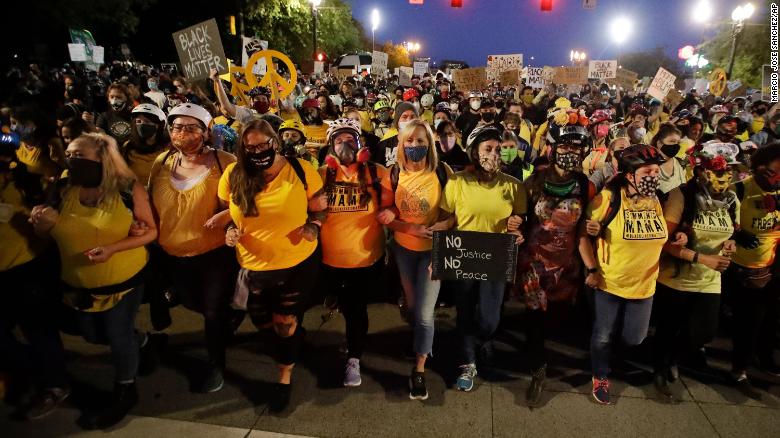
Portland Awaits Verdict in Landmark Sidewalk CasePortland Awaits Verdict in Landmark Sidewalk Case Portland, Oregon, stands on the cusp of a landmark legal verdict that could profoundly impact how cities address pedestrian safety and accessibility. The case, Ellis v. City of Portland, centers around the question of whether cities have a legal obligation to maintain sidewalks that are safe and accessible for all. The lawsuit was filed by two wheelchair users who alleged that the City of Portland failed to repair broken and obstructed sidewalks, making it difficult or impossible for them to navigate the city. The plaintiffs argued that the city’s negligence violated the Americans with Disabilities Act (ADA), which requires businesses and government agencies to provide equal access to people with disabilities. The trial, which concluded earlier this month, presented compelling evidence of the challenges faced by people with disabilities in Portland. Witnesses testified about sidewalk obstructions such as potholes, uneven pavement, and overgrown vegetation, which can pose significant barriers to mobility. The jury is now deliberating on the case and is expected to reach a verdict soon. If the jury finds in favor of the plaintiffs, it could set a precedent for cities across the country, requiring them to take more proactive measures to ensure that sidewalks are safe and accessible for all. The City of Portland, for its part, has argued that it does not have a legal obligation to repair every broken sidewalk and that it faces significant financial constraints. However, the plaintiffs’ lawyers have countered that the city has the resources to prioritize sidewalk repairs and that failing to do so constitutes discrimination against people with disabilities. The verdict in this case has the potential to have a ripple effect beyond Portland. Other cities may be prompted to review their own sidewalk maintenance policies and make necessary changes to comply with the ADA. Additionally, the case could provide support for advocacy groups pushing for increased funding for sidewalk repairs and improvements. As Portland eagerly awaits the jury’s verdict, the outcome will not only determine the fate of the plaintiffs but also set the course for how cities across the country ensure that their streets are accessible and inclusive for all.
Posted inNews